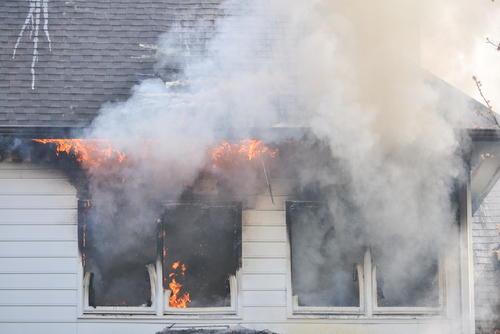Renosol Seating Whistleblower Denied Federal Protection From Lawsuit
An employee of Renosol Seating in Selma was trying to protect the health of her fellow workers and herself when, in March, she delivered a letter to the company’s customer, Hyundai Motor Manufacturing Alabama, alleging that a chemical used in the car seat production process at Renosol was making workers sick. What happened next was that Lear Corporation, which owns Renosol, fired the employee and sued her for defamation in Alabama State Court. The case of Kim King, the Renosol Seating whistleblower, then attracted national attention, and the U.S. Department of Labor filed a separate suit against Lear Corporation in federal court, where a judge issued a restraining order against the corporation for taking further action against King or other employees for speaking out on the issue of the dangerous chemicals. Although that ruling still stands, the state court hearing Lear’s case against King, however, ruled recently that federal law does not protect King’s actions in trying to deliver the letter to Hyundai.
King contends that chemicals used in the seat-making process at Renosol have led to health problems for her and her co-workers, including isocyanate asthma. Studies of workers at the plant done by a Yale University medical clinic confirmed that a number of the workers had tested positive for isocyanate asthma or other respiratory illnesses. Lear Corporation dismisses the allegations of unsafe working conditions at the plant and blames King’s actions and the actions of other people who have spoken out on the UAW, which is attempting to unionize the plant’s workers. Due to the failure of the plant’s management to respond to their complaints, King attempted to contact Hyundai with her concerns, but she was fired by Lear when she refused to sign a document indicating that she had lied in drafting the letter, which was followed by the defamation suit against her.
This case demonstrates the complex intersection of federal and state law (not to mention both federal and state courts) that comes into play with many employment and/or whistleblower law issues. Speaking out about violations at your place of employment, especially when management is unresponsive or hostile, can be a lonely and intimidating act of courage. By law, employers are not permitted to retaliate against a whistleblower, but it can be difficult for the employee – who is usually simply trying to follow their conscience and protect victims from wrongdoing – to understand how to properly raise the issues of wrongdoing while protecting their livelihood.
The good news is that federal law may provide compensation for whistleblowers who do provide evidence of wrongdoing, and an experienced employment lawyer can guide the employee through this process. If you have witnessed wrongdoing at your place of employment and/or have been the victim of retaliation or threatened retaliation for trying to speak up, contact the skilled Montgomery, Alabama employment law attorneys at McPhillips Shinbaum at 334-262-1911 today to discuss your options.















